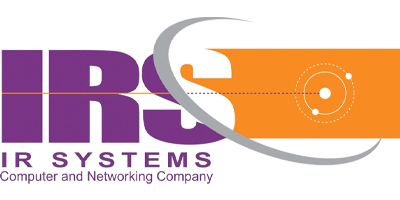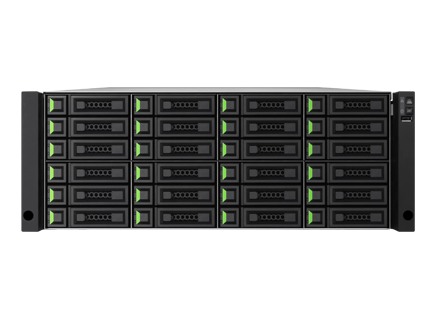In the dynamic world of Information Retrieval (IR) systems, speed and efficiency are paramount. With the advent of Non-Volatile Memory Express (NVMe) storage technology, IR systems are experiencing a significant transformation, unlocking unprecedented levels of performance and responsiveness. Let’s explore how this storage is revolutionizing IR systems across various domains.
Accelerating Data Retrieval with NVMe Storage
This storage, designed specifically for flash memory, offers remarkable advancements in data retrieval speed compared to traditional storage solutions. By leveraging the parallelism and low-latency communication of the PCIe interface, the storage significantly reduces data access times, enabling IR systems to retrieve information at blazing speeds. Whether it’s querying vast databases or searching through multimedia content, NVMe-equipped IR systems deliver unparalleled responsiveness, enhancing user experience and productivity.
Optimizing Indexing Efficiency
Indexing lies at the core of IR systems, facilitating efficient data retrieval based on user queries. The storage plays a pivotal role in optimizing indexing processes by providing rapid read and write capabilities. The high throughput and low latency of storage enable expedited indexing of new data and updates to existing indices, ensuring that IR systems can keep pace with evolving information landscapes. By streamlining indexing operations, this storage enhances the overall efficiency and agility of IR systems, empowering organizations to extract insights from vast datasets with minimal delay.
Enabling Real-Time Analytics
Real-time analytics have become indispensable for organizations seeking to derive actionable insights from streaming data sources. The storage empowers IR systems to perform real-time analytics with unparalleled speed and efficiency. By eliminating bottlenecks associated with traditional storage solutions, NVMe-equipped IR systems can process and analyze data streams in near real-time, enabling timely decision-making and proactive interventions. Whether it’s monitoring social media trends, analyzing sensor data, or detecting anomalies in financial transactions, this storage ensures that IR systems can deliver actionable insights with minimal latency.
Enhancing Scalability and Flexibility
Scalability is a key consideration for IR systems, particularly in environments where data volumes are subject to rapid growth and fluctuations. This storage offers superior scalability compared to traditional storage solutions, allowing IR systems to expand storage capacity seamlessly to accommodate evolving data requirements. The inherent parallelism and efficiency of NVMe storage enable organizations to scale their IR infrastructure without compromising performance or responsiveness. Additionally, the compact form factor of NVMe drives facilitates flexible deployment options, making them ideal for both on-premises and cloud-based IR systems.
Improving Reliability and Durability
Reliability is paramount in IR systems, where data integrity and availability are critical for business continuity. This storage boasts enhanced reliability and durability compared to traditional storage solutions, thanks to its solid-state design and advanced error correction mechanisms. By minimizing the risk of data loss and system downtime, this storage ensures that IR systems can operate reliably under demanding conditions, safeguarding valuable information assets and maintaining productivity.
NVMe storage represents a paradigm shift in the realm of Information Retrieval systems, delivering unprecedented levels of speed, efficiency, and scalability. From accelerating data retrieval and optimizing indexing processes to enabling real-time analytics and enhancing system reliability, NVMe-equipped IR systems are poised to redefine the way organizations access, analyze, and leverage information. As the demand for faster, more responsive IR solutions continues to grow, NVMe storage will undoubtedly play a central role in driving innovation and unlocking new possibilities in information retrieval and analytics.






